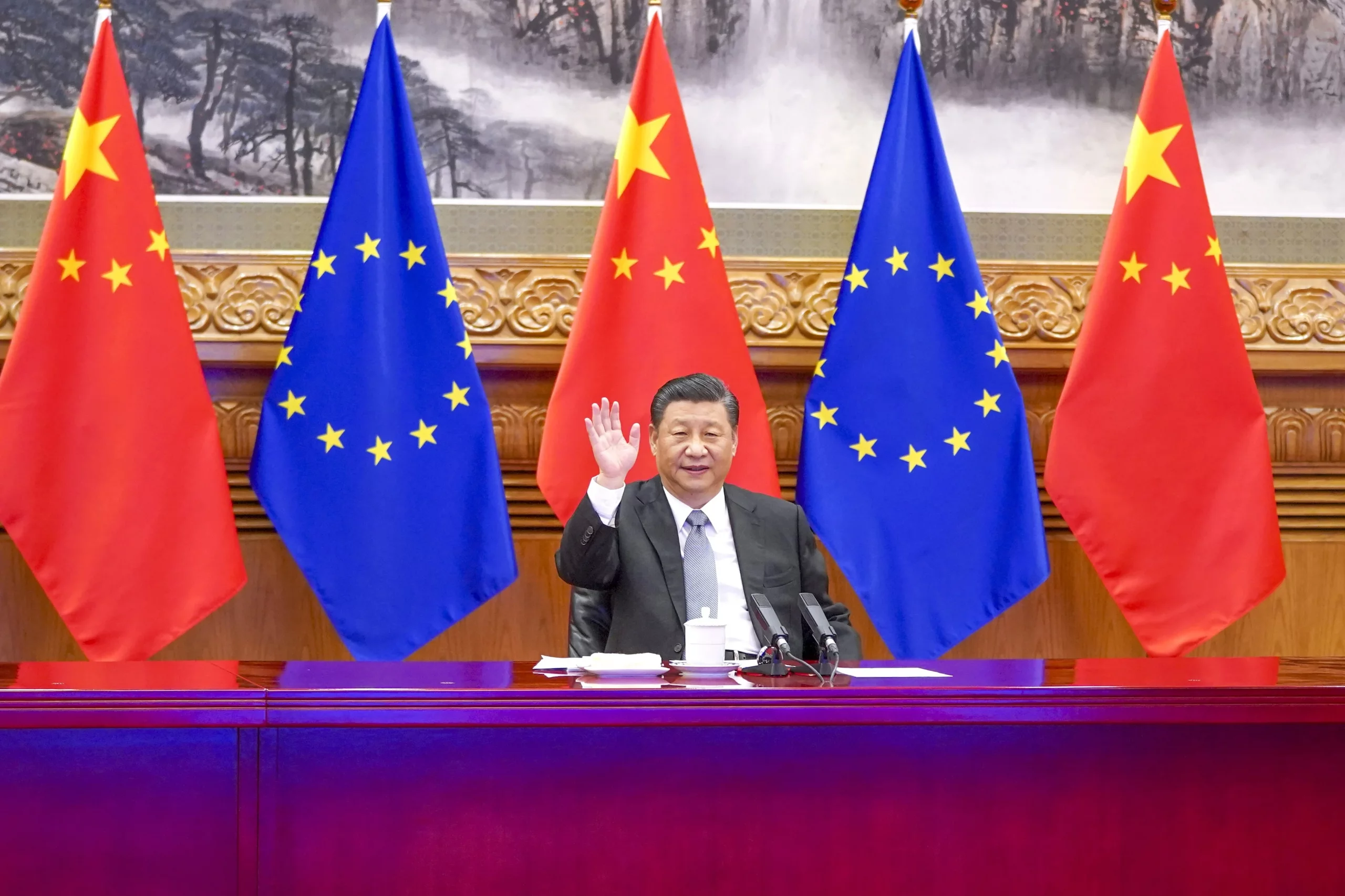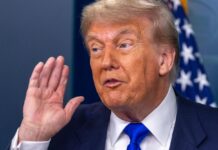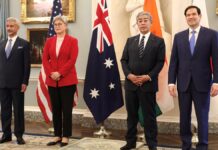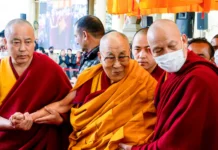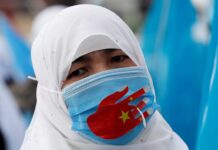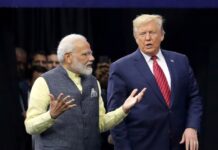BEIJING: The 23rd EU-China Summit, which took place from March 31-April 1, exposed the existing fault lines between the two parties.
President of the European Council, Charles Michel, and President of the European Commission, Ursula von der Leyen, accompanied by High Representative Josep Borrell, representing the EU, met Chinese Prime Minister Li Keqiang in the morning and Chinese President Xi Jinping in the afternoon.
The EU and China discussed extensively Russia’s military aggression against Ukraine, which is endangering global security and the world’s economy, as well as food and energy security.
“As major global powers, the EU and China must work together on stopping Russia’s war in Ukraine as soon as possible. We have a common responsibility to maintain peace and stability, and a safe and sustainable world,” said Charles Michel, President of the European Council.
The EU and Chinese leaders also discussed the state of bilateral relations and areas of shared interest such as climate change, biodiversity and health, as well as ways to ensure a more balanced and reciprocal trade relationship.
The EU highlighted that its key priority is to stop Russia’s unjustified and unprovoked invasion of Ukraine, emphasized the importance for Russia to allow humanitarian access and safeguard humanitarian corridors, and refrain from targeting the civilian population and infrastructure.
The EU called on China to support efforts to bring about an immediate end to the bloodshed in Ukraine, consistent with China’s role in the world as a permanent member of the UN Security Council, and its uniquely close relations with Russia.
The EU pointed out that the international sanctions against Russia were imposed with the sole purpose of stopping Russia’s aggression and despite a significant economic impact on the EU and its partners globally.
“Any circumvention of the effects of the sanctions or any aid provided to Russia would prolong the bloodshed and lead to even greater losses of civilian lives and economic disruption,” the EU said.
In contrast to what EU leaders said, Chinese President Xi Jinping called on the EU to form its own perception of China, adopt an independent China policy, and work with China to promote the steady and sustained growth of China-EU relations and to add stabilizing factors to a turbulent world.
Xi stressed that China and the EU should act as two major forces upholding world peace, and offset uncertainties in the international landscape with the stability of China-EU relations.
The Chinese president also pointed out that China and the EU should act as two big markets promoting shared development, and deepen economic globalization through open cooperation. China will stay committed to deepening reform and further opening up.
Since the start of the Russian invasion of Ukraine, several European countries have asked Beijing to align with US and allies in condemning Moscow’s actions. While refusing to sanction Russia, China accused the US of fuelling the Ukraine crisis.
Despite booming trade, the EU-China ties have become strained over the last two years, with a long-negotiated investment deal between the two sides under hiatus.
Experts believe that China-EU trade could see some strains over Beijing’s stance on the Ukraine war. China surpassed the US to become the EU’s largest trading partner in 2020-21 due to strong demand during the COVID-19 pandemic. (ANI)

